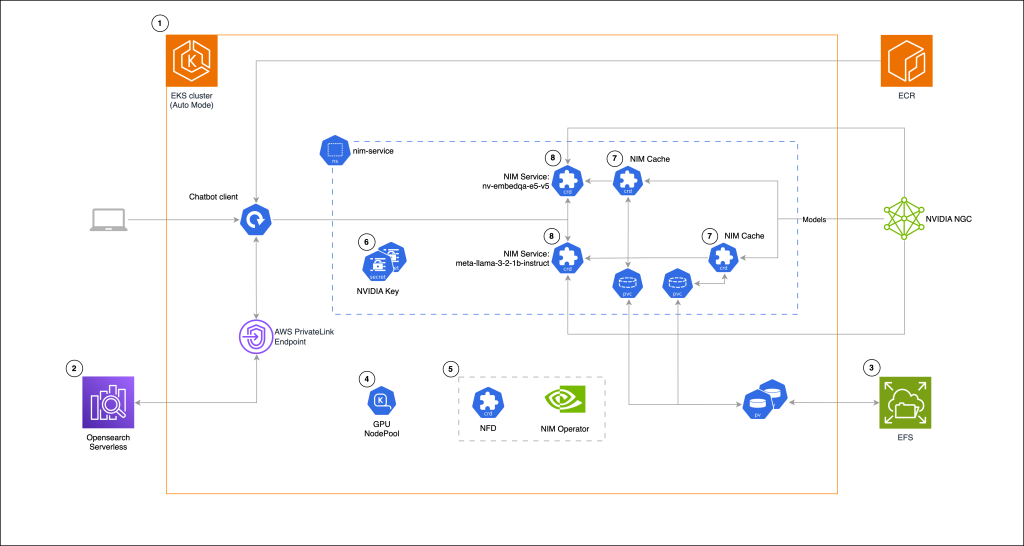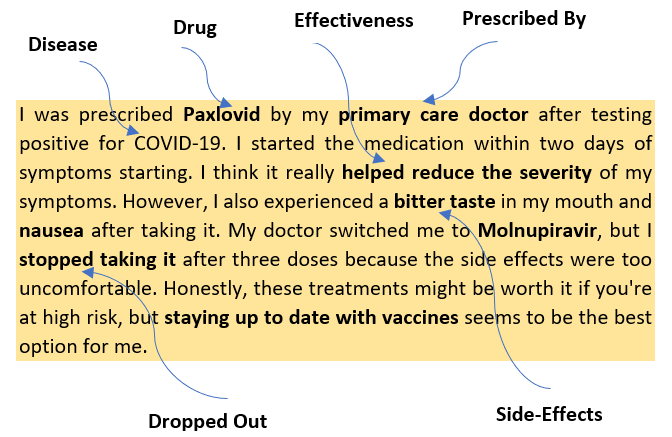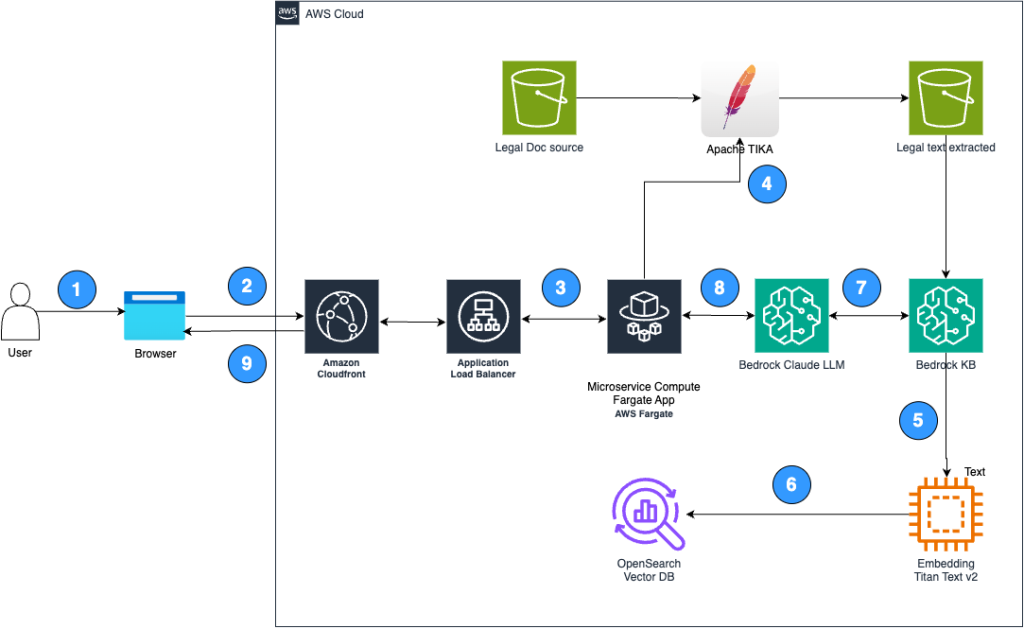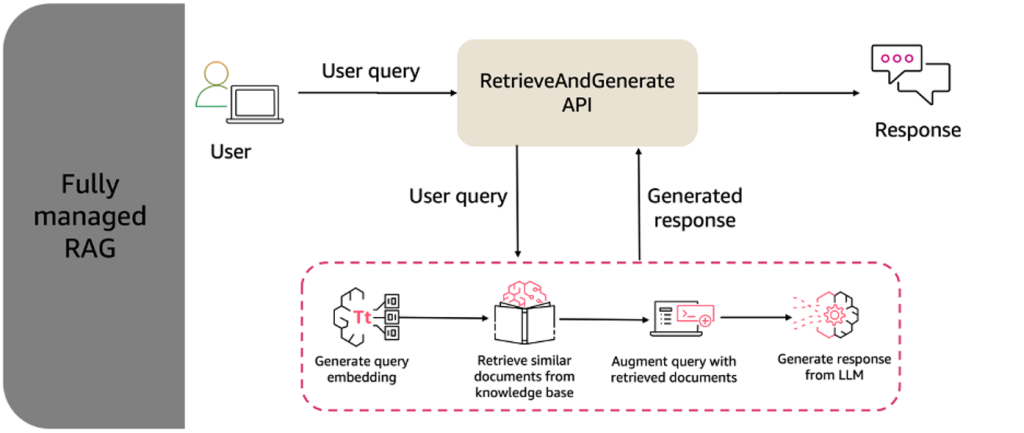Artificial Intelligence
Category: Intermediate (200)
Enhance Geospatial Analysis and GIS Workflows with Amazon Bedrock Capabilities
Applying emerging technologies to the geospatial domain offers a unique opportunity to create transformative user experiences and intuitive workstreams for users and organizations to deliver on their missions and responsibilities. In this post, we explore how you can integrate existing systems with Amazon Bedrock to create new workflows to unlock efficiencies insights. This integration can benefit technical, nontechnical, and leadership roles alike.
Introducing Amazon Bedrock AgentCore Gateway: Transforming enterprise AI agent tool development
In this post, we discuss Amazon Bedrock AgentCore Gateway, a fully managed service that revolutionizes how enterprises connect AI agents with tools and services by providing a centralized tool server with unified interface for agent-tool communication. The service offers key capabilities including Security Guard, Translation, Composition, Target extensibility, Infrastructure Manager, and Semantic Tool Selection, while implementing sophisticated dual-sided security architecture for both inbound and outbound connections.
Building a RAG chat-based assistant on Amazon EKS Auto Mode and NVIDIA NIMs
In this post, we demonstrate the implementation of a practical RAG chat-based assistant using a comprehensive stack of modern technologies. The solution uses NVIDIA NIMs for both LLM inference and text embedding services, with the NIM Operator handling their deployment and management. The architecture incorporates Amazon OpenSearch Serverless to store and query high-dimensional vector embeddings for similarity search.
Citations with Amazon Nova understanding models
In this post, we demonstrate how to prompt Amazon Nova understanding models to cite sources in responses. Further, we will also walk through how we can evaluate the responses (and citations) for accuracy.
How Indegene’s AI-powered social intelligence for life sciences turns social media conversations into insights
This post explores how Indegene’s Social Intelligence Solution uses advanced AI to help life sciences companies extract valuable insights from digital healthcare conversations. Built on AWS technology, the solution addresses the growing preference of HCPs for digital channels while overcoming the challenges of analyzing complex medical discussions on a scale.
Unlocking enhanced legal document review with Lexbe and Amazon Bedrock
In this post, Lexbe, a legal document review software company, demonstrates how they integrated Amazon Bedrock and other AWS services to transform their document review process, enabling legal professionals to instantly query and extract insights from vast volumes of case documents using generative AI. Through collaboration with AWS, Lexbe achieved significant improvements in recall rates, reaching up to 90% by December 2024, and developed capabilities for broad human-style reporting and deep automated inference across multiple languages.
Demystifying Amazon Bedrock Pricing for a Chatbot Assistant
In this post, we’ll look at Amazon Bedrock pricing through the lens of a practical, real-world example: building a customer service chatbot. We’ll break down the essential cost components, walk through capacity planning for a mid-sized call center implementation, and provide detailed pricing calculations across different foundation models.
Automate enterprise workflows by integrating Salesforce Agentforce with Amazon Bedrock Agents
This post explores a practical collaboration, integrating Salesforce Agentforce with Amazon Bedrock Agents and Amazon Redshift, to automate enterprise workflows.
Responsible AI for the payments industry – Part 1
This post explores the unique challenges facing the payments industry in scaling AI adoption, the regulatory considerations that shape implementation decisions, and practical approaches to applying responsible AI principles. In Part 2, we provide practical implementation strategies to operationalize responsible AI within your payment systems.
Responsible AI for the payments industry – Part 2
In Part 1 of our series, we explored the foundational concepts of responsible AI in the payments industry. In this post, we discuss the practical implementation of responsible AI frameworks.









